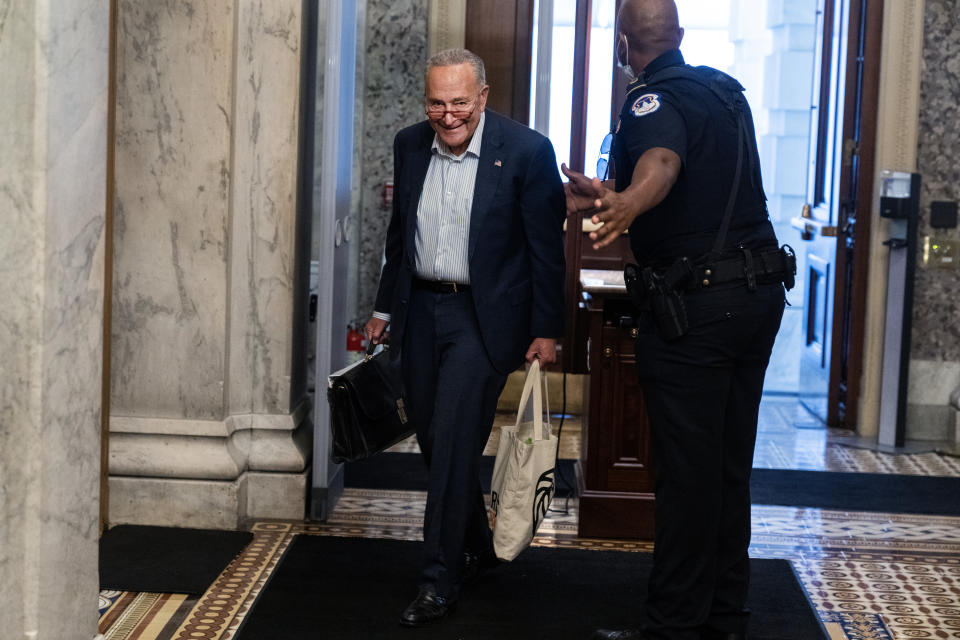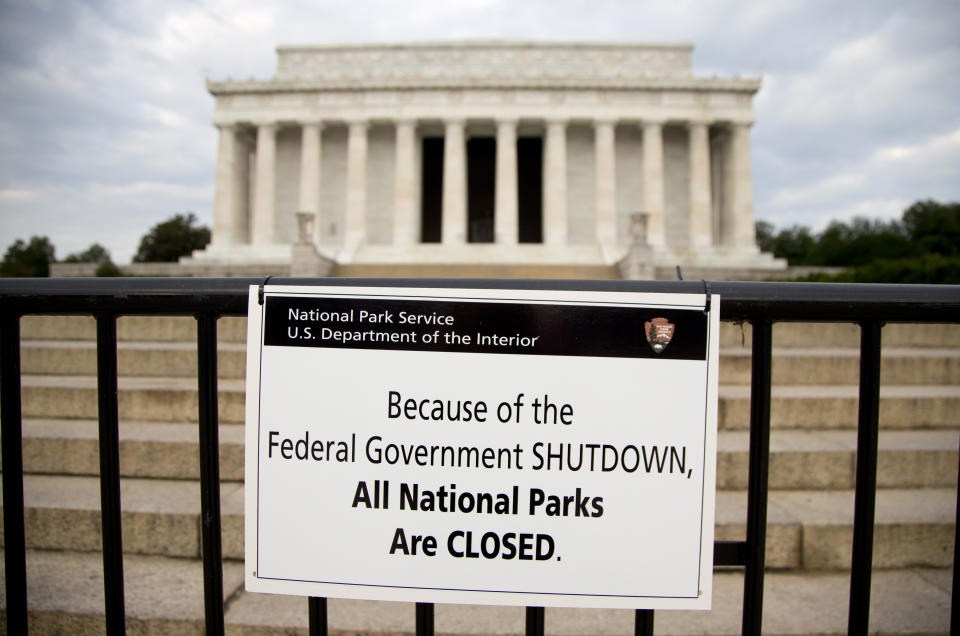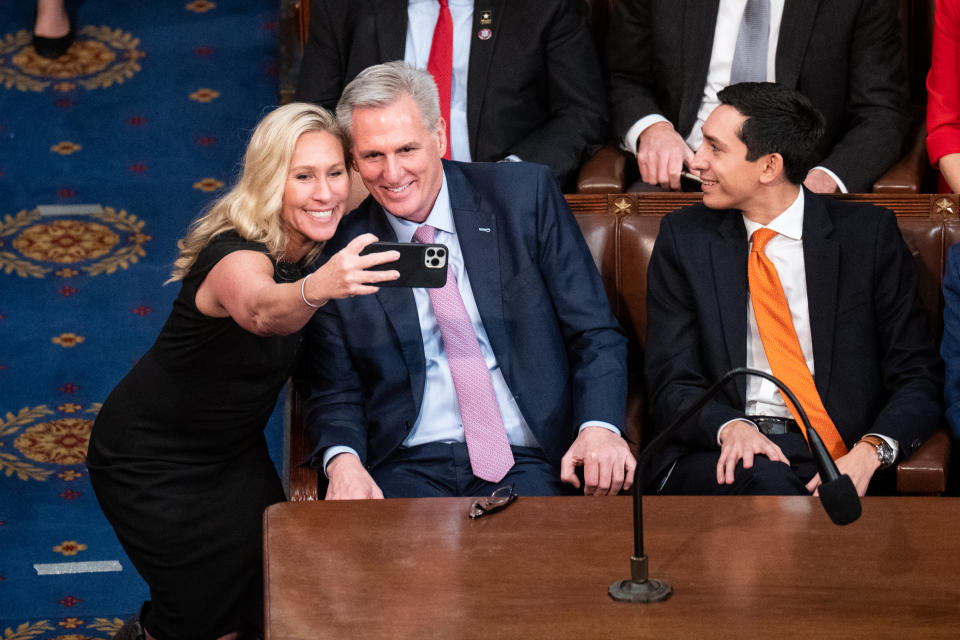
Lawmakers are returning to Washington this week, giving investors something new to worry about: a possible government shutdown this fall.
Whether trillions of dollars in government spending will continue flowing into the economy in a timely manner depends on a new round of budget fighting that has already begun as members of Congress return from their August recess.
The first deadline on the horizon is the end of the fiscal year at midnight on Sept. 30. Many government services will cease then unless some sort of action — like a short-term delay — is taken.
“There is one clear place to begin: Keep the government open,” Senate Majority Leader Chuck Schumer said as he re-opened the Senate Tuesday afternoon.
While shutdowns have historically had minimal economic impact, some warn that this time could be different.

Moody’s Analytics chief economist Mark Zandi laid out one particularly daunting scenario during a recent Yahoo Finance Live appearance. He cited the possibility of a long-term shutdown that “extends out through the entire quarter and into next year possibly.”
“If that’s the case, that could be a threat,” he said. Any months-long shutdown would be historically unprecedented, with the longest previous government shutdown lasting just 35 days.
Another view came in a report late last week from Goldman Sachs that predicted any shutdown will have “a modest effect on the economy” while also mentioning the possibility of an extended shutdown as an important scenario to watch.
Why it may not ‘change the overall trajectory of the economy’
Stifel Chief Washington Policy Strategist Brian Gardner is a bit more sanguine.
While he recently pegged the chances of a shutdown at around 60-65%, he also predicts that the economic impacts could be limited.
“It’s really just a delay, it doesn’t change the overall trajectory of the economy,” he said of how shutdowns in recent history have played out.
Goldman Sachs analysts project that a government-wide shutdown would reduce economic growth by around 0.15 percentage point for each week it lasted — but then “growth would rise by the same cumulative amount in the quarter following reopening.”
An additional question is whether the brinkmanship itself will come with higher stakes among bond ratings following a second downgrade of US credit in history delivered last month by Fitch.
The ratings agency downgraded the government’s top credit rating from AAA to AA+, citing “a steady deterioration in standards of governance over the last 20 years” as a key reason.
Even if a shutdown is avoided, the coming fight is likely to be just the latest example of Washington’s dysfunctional process of dealing with fiscal issues.

What’s ahead on Capitol Hill
This week, Senators have returned to Washington with Republican Leader Mitch McConnell saying Tuesday he supports Schumer’s plan to have the Senate begin to pass its version of the necessary government spending bills by next week.
He also said the Senate’s top priority during the coming debate will be securing money for what he called “urgent national security and disaster relief priorities.”
That focus on passing their bills as well as related money for Ukraine and communities in Florida, California, and Hawaii could run headlong into the priorities of House Republicans when they return next week.
The Senate — unlike the House — has already advanced the 12 appropriations bills needed for a long-term deal on a bipartisan basis while the House process is far behind that and has been notable instead for delays and partisan fighting.
House Speaker Kevin McCarthy has been under intense pressure from his right flank — with increasing talk of his job being at threat if he doesn’t comply — to attach a variety of unrelated issues to any short or long-term deal.

The most politically explosive push comes from Rep. Marjorie Taylor Greene, who recently said that she would oppose any government funding deal if it is not paired with an impeachment inquiry against President Biden.
Also potentially on the table are other measures around new border security provisions as well as an overhaul of the Justice Department’s budget. Many members of the far-right Freedom Caucus are pushing them in exchange for their votes on even a short-term reprieve likely to be under debate later this month.
But whatever happens this month, waiting around corner during the holiday season is an even more consequential deadline of Jan. 1, 2024.
This spring’s debt ceiling deal stipulated that if there are no long-term government spending bills in place by then, government spending will be cut by 1% across a wide array of programs. Those types of cuts could ripple across the economy with blunt cuts that would be felt from the Pentagon to the Department of Education.
At stake, Schumer says, is “keeping the government open and avoiding a pointless shutdown, a shutdown that will hurt just about every single American.”
Ben Werschkul is Washington correspondent for Yahoo Finance.
Click here for politics news related to business and money
Read the latest financial and business news from Yahoo Finance






